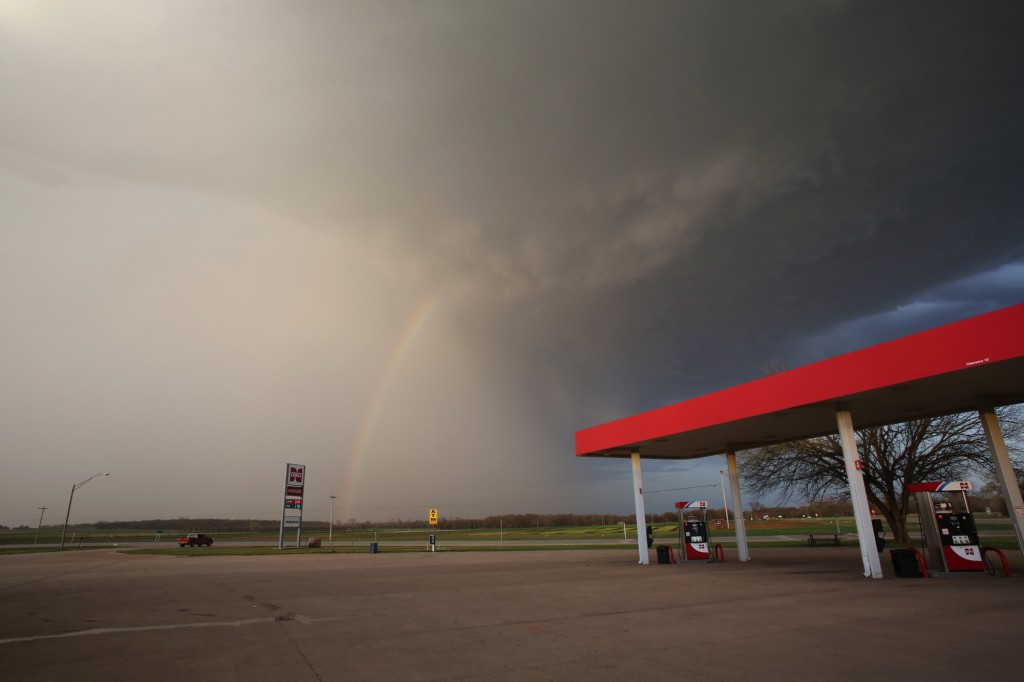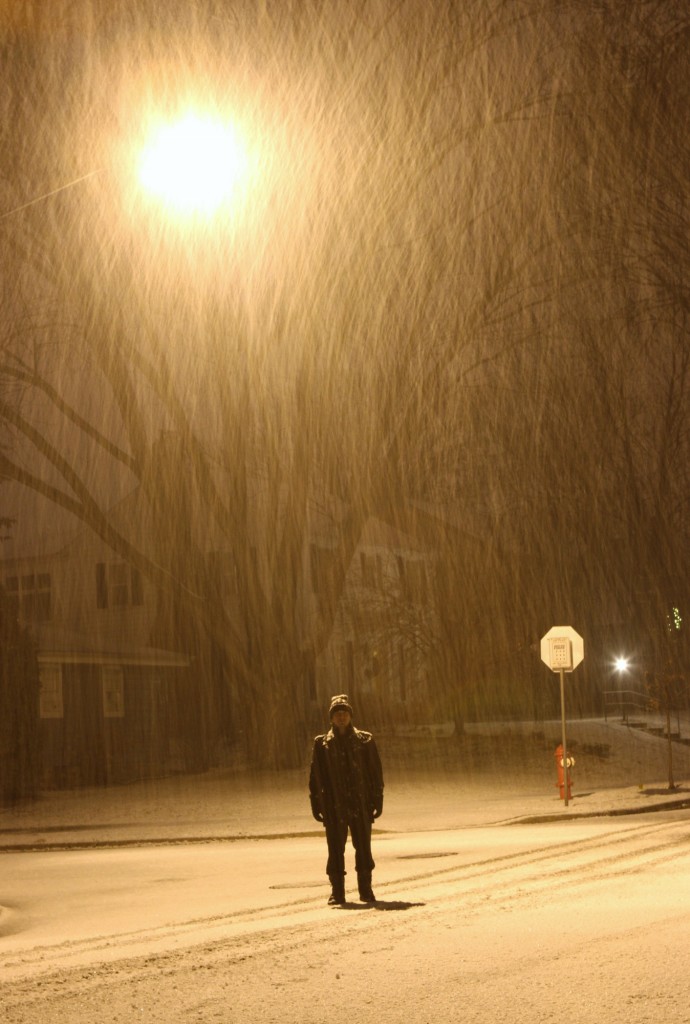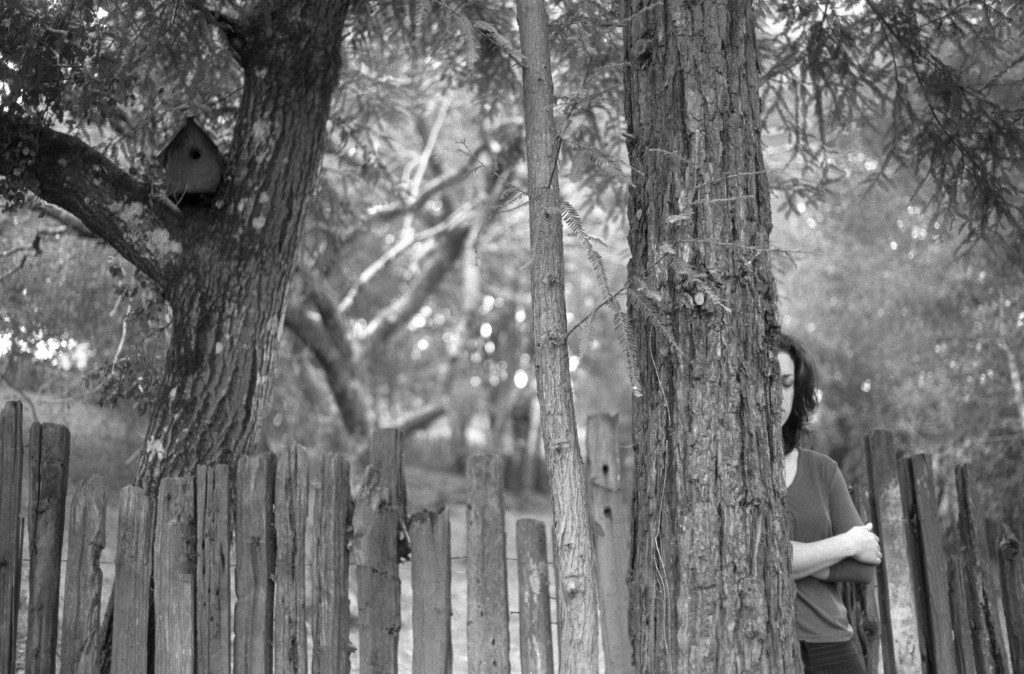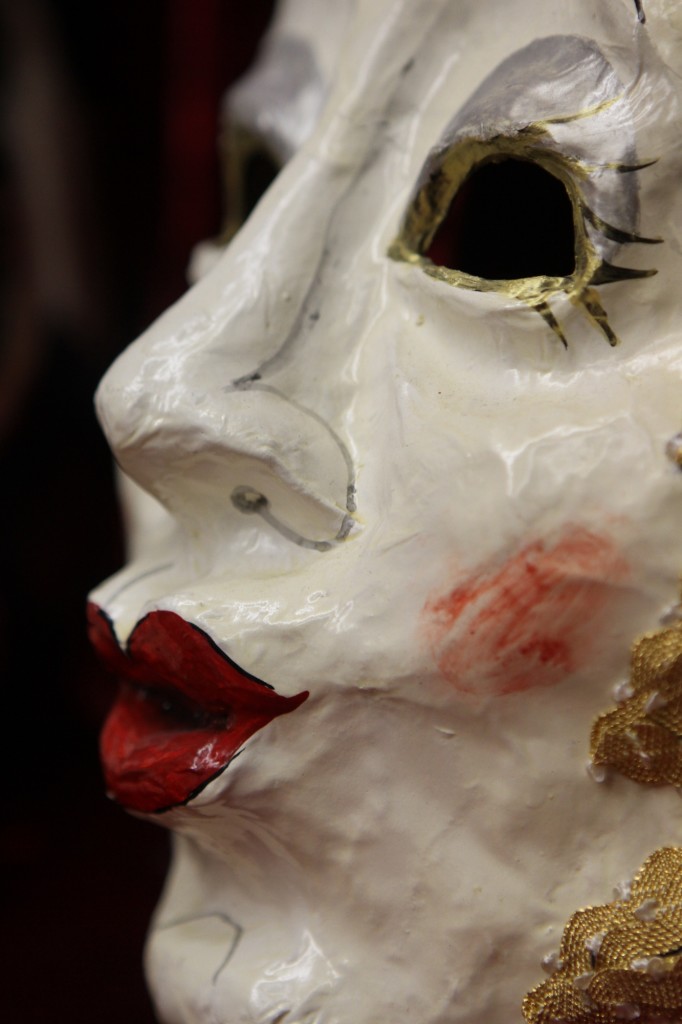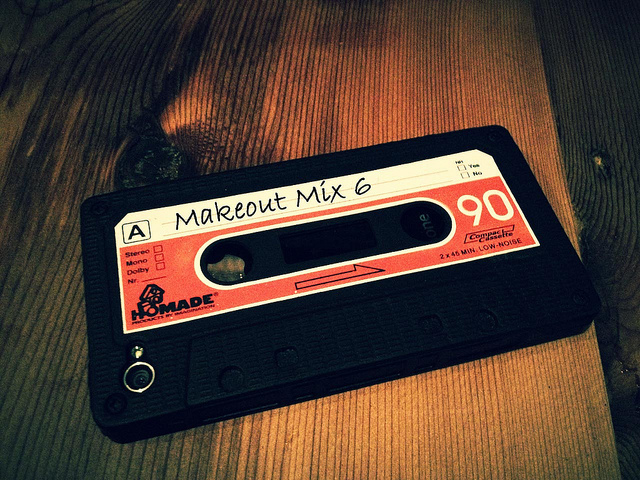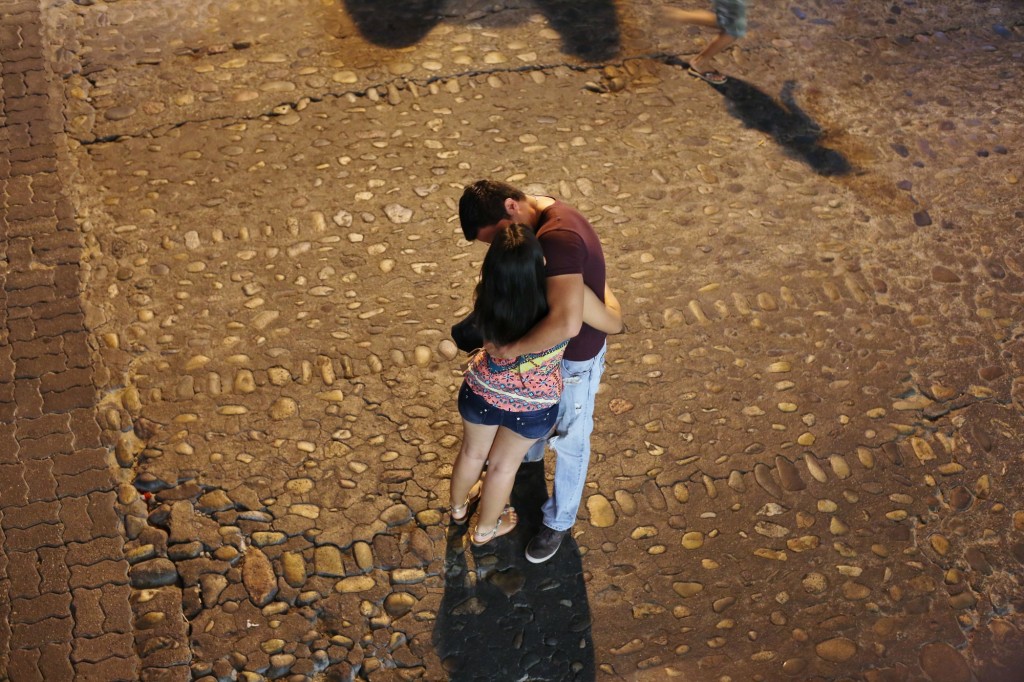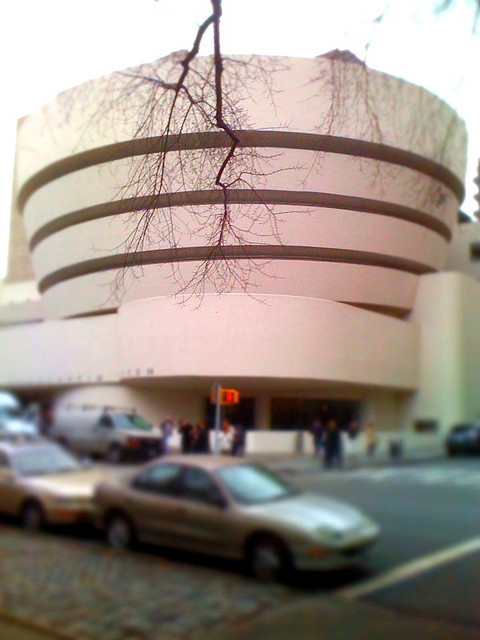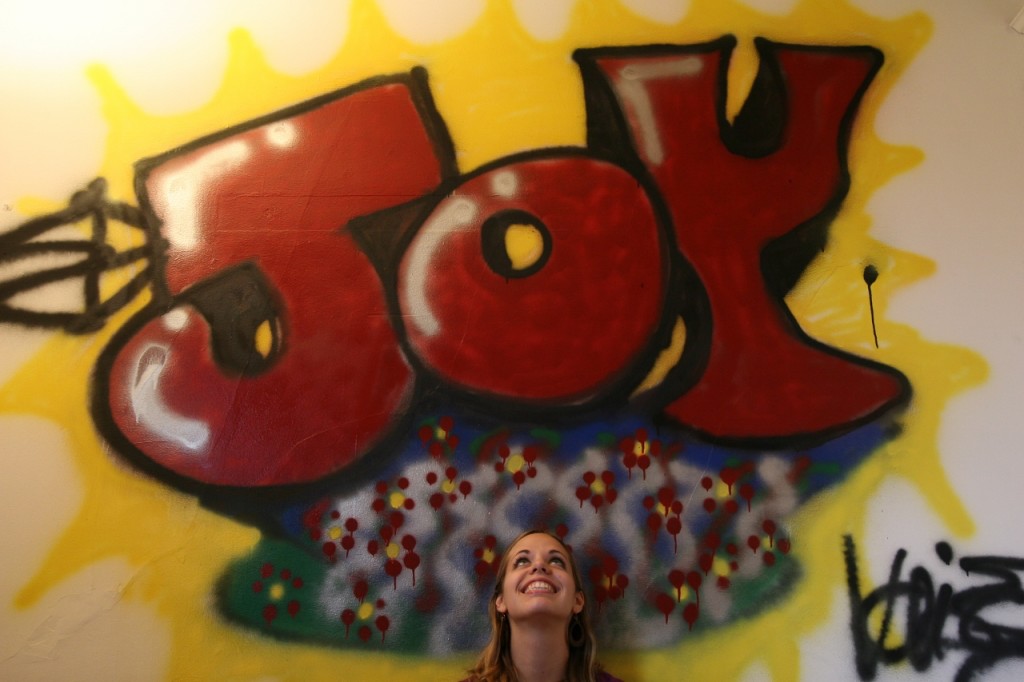
By Lynn Marie Houston
If you want to expound on love,
take your intellect out and let it lie down
in the mud. It’s no help.
—Rumi, “The King and the Handmaiden and the Doctor” trans. Coleman Barks
“What’s it like outside?” my friend Catherine croaked from under the covers. I walked past her bed nearest the door, balancing a cardboard carton of coffee for the three of us: me, Catherine, and the British man who had spent the night in bed with me.
“It’s bright and loud,” I grumbled in the throes of a hangover. “And hot,” I added, looking at the muscular leg and arm that were twisted up in my sheets like a man candy-cane.
Just then, someone knocked on the door. “Housekeeping,” a woman’s voice called with an accent.
“Shit,” I whispered to Catherine as I trudged toward the door. “What’s Spanish for come back after the British guy puts his clothes on?”
I opened the door to a woman whose face said she’d seen it all. I mustered what Spanish I could, “Uh, mas tarde, por favor.”
Later. But it was already so late, the last weekend before my teaching contract started up again for the fall. I had planned a trip to conduct research for the ethnographic study of Las Vegas that I was supposed to be doing. And then Catherine decided she needed to get out of town, too, so she booked a flight to join me. She was a few years older than me and married (and, as I discovered the previous night, a sound sleeper), but she could drink me under the table, and regularly did. I wasn’t getting any research done.
Simon stirred, opening his blue eyes. “Bloody hell, that was some fun we had last night.” He propped himself up bare-chested, stomach muscles rippling down under the sheet, and broke into a boyish grin.
Yes, the problem was the Brit. Or rather, the problem was my hooking up with a complete stranger when I was supposed to be in Las Vegas for serious intellectual work. I had crossed the not-so-fine line between immersing yourself in your subject and getting into bed with it.
Catherine was up now, searching for a bottle of Advil. Simon was sipping coffee in nothing but his boxer-briefs and helping himself to a box of chocolate on the nightstand. I sat down at the small table in the corner of our room, rested my elbow on the Formica top, and placed my forehead in my hand. Unless I figured out the right way to spin this for the research project, Big S was going to kill me.
Big S was the lead researcher on the Vegas project. One of her previous joint-authored projects had been required reading in most graduate programs in cultural studies. The Vegas book was to be her next project. Collaborating with her on it was an incredible opportunity, one that shouldn’t be squandered for casual sex, even if it was with a Norse god. But if I didn’t produce something acceptable soon, Big S would kick me off the project. She had already threatened to do so. Without this project, I didn’t stand a chance of getting a position at a better university. After working with Big S for two years, if she didn’t give me a good recommendation I would be dead meat on the academic job market. So why was I screwing around? It would probably have taken thousands of dollars in therapy to answer such a question. I was well aware that even though Big S’s idea of doing research was just to “hang out,” that that didn’t mean without any clothes on, and yet I did it anyway. My contribution to the book was originally supposed to be a chapter about Las Vegas wedding chapels, but it had quickly become more about women’s issues in Las Vegas. Now, the research was stalled because of my own issues. The last advice Big S had given me after disproving of yet another draft but not giving me any specifics about what I could revise, was that I should “put my soul on the line.” I didn’t know what that meant.
Two months before this trip to Vegas with Catherine, I’d travelled to Connecticut to stay at Big S’s farm. My nickname for her, I discovered then, was actually a misnomer. There wasn’t anything big about S, not her size (she was short and petite), not her heart (she could be stingy), and not her farmhouse (we packed five people into nine hundred square feet). I was there, along with many of her kids and step-kids, for her birthday weekend, but I had only been invited to stay for a few days prior to the actual celebration, at which time more people would be coming to the farm and, Big S had told me, there wouldn’t be enough water for everyone. “The well is low,” she said, “and it can only support so many people.” Even though I was not counted among those worthy enough to burden the water supply, I did visit for three days before the party.
I had offered to help Big S on her farm in exchange for conversations about my writing and advice about my career while I was there. We talked about her philosophies of writing while weeding her garden, how she first conceived of joint writing projects as a way to help her fellow colleagues advance in their careers and a way to achieve multiple perspectives on a topic.
From her property she was running a small CSA, where people in her neighborhood paid a flat fee at the start of the season and she brought them weekly baskets of the produce that was in season. Something about the CSA matched the idea of a collaborative research project. Just like she enlisted a group of us to help write about Las Vegas, with the help of a few graduate students she grew a few varieties of greens, zucchini, squash, tomatoes, peppers, onions, carrots, and eggplant on her farm. In addition, her weekly CSA customers received fresh eggs; some even took raw, unpasteurized milk from her goats. While staking her pepper plants, Big S talked to me about how she thought I could get a job at a university where the teaching load wasn’t so high, so that I had more time for research. Her husband was an internationally award-winning scholar, and she told me that if I made a satisfactory contribution to the Las Vegas book project that she could get him to write me a letter of recommendation. Just the night before, her internationally renowned scholar-husband had complained about the excess of mustard I had used in the zucchini pie that Big S had asked me to make. I hoped he would leave that out of the letter.
Big S also told me about how much of a burden the farm was. It took time away from her writing. It didn’t sound like she actually enjoyed the farm work very much. She said that she couldn’t even take a vacation unless she had someone watching the place who knew how to handle chickens and milk goats.
“Is it really hard, milking a goat?”
“Only one of my kids was able to pick it up.”
“Do you think you could show me how to do it? I’ve always wanted to learn.”
“Yeah, I could let you try. The trick is to pinch off the teat with the upper part of your hand and pull down on it with the lower part of the palm.”
I practiced moving my hand the way she described. Big S looked doubtful but said nothing.
She took me into the barn and rounded up the goats that needed milking. She led one in through the back of the barn and up onto a metal stand. The goat put its head into a contraption on the end and waited for Big S to put its food in the slot. She closed a bar over the back of its head to hold it in position. Then she got down on the stool, grabbed its swollen teat, and pinched it.
“Here’s where you cut it off. Then you pull down.” She demonstrated once, then got up from the stool, motioning for me to try.
It was very difficult to hold the top part closed while running the rest of your hand down, but little squirts of milk started coming out. A few more tries and I had a steady stream. It was taking me forever to get anything in the bucket, though. By now the goat had finished its bagel and was getting restless. The height of the metal bench on which it stood placed its hooves level with my head. The pail was about half full when the agitated goat stepped into it with one of her hooves.
Big S frowned.
“You’ve got to dump that pail now. Her hooves have all sorts of bacteria on them, and we don’t pasteurize here.”
Annoyed, Big S motioned for me to get up off the stool and she took over milking with a fresh pail and without any further acknowledgement of me.
She had never mentioned that I had to somehow keep the goat’s hooves out of the milk.
When we got back to the farmhouse, she announced to her family, “Lynn ruined the milk. She let the goat step in it.”
Big S was not very forgiving of mistakes. Nor was she a great teacher.
•••
The half-naked man in my bed shook me from my reverie, “Do you mind if I use your computer?”
I handed it to him. Catherine was packing a beach bag to take with us to the pool. Simon, now checking his email, was making no motion to leave us. In fact, he seemed rather lonely. He’d already been in Las Vegas for a week, part of his plan to tour the United States until his visa ran out. After this next week, he wasn’t sure what he was going to do. That day, though, our plan was clear: we would sit poolside and drink mojitos.
But as we sat there in the reclining chairs and hot sun, I realized that I needed to at least attempt to get some research done. One good session of information about Las Vegas, and I might have enough to fill in the chapter I was working on. I got on the internet from my phone and purchased a ticket for a historic tour. I wasn’t sure if this would give Simon his opportunity to ditch us, but the three of us made a tentative plan for later. Simon and Catherine would go to dinner and walk around while I went on a tour and get some research done. It was a bus tour that promised to give information about the history of the area and some of its notorious figures. Finally, I might have something to write about for the research project. It was the kind of project where I would probably end up writing more about the dynamics of the tour I went on—how it presented Las Vegas to the public—than about the information it presented.
I left Catherine and Simon at the hotel and walked to the location where the tour bus boarded. On the way, I wondered if Simon would really hang out again with us that night, or if he would just silently wander off to something or someone else. I hoped he wouldn’t disappear. But it was silly to think he would follow through on plans with us; he was just some random guy I’d started talking to at the bar.
After the small group of people on the tour took seats on the bus, we were en route to the first stop. The tour guide announced our approximate return, a good hour and a half later than what I had thought. I would be late for meeting Catherine and Simon, if he was even still with us. The guide also announced that with the exception of the first stop, the Flamingo Hotel, we would be in the outskirts of Las Vegas, so there would be no easy way to exit the tour midway and return to downtown. Then he started a video for us to watch about the mob and its influence on Las Vegas. None of it interested me. I only had two more nights left before I had to go back to my crummy life buried by stacks of student papers. I would probably never see Simon again after that. Suddenly, I was overwhelmed by the desire to get off that boring tour bus and go find him. It seemed there was some larger life choice playing out here. Was I going to spend my time working on chapters of writing that were never good enough for Big S, that would be read by maybe a handful of scholars in my field? Or was I going to go find the hot guy—laugh, drink, and make love?
What would Big S do? I asked myself as motivation to stay on the tour, but I knew that she and I were as far apart in personality as Simon’s home in England was from mine in California. But I needed to be a part of this research project, I reminded myself. Without it, my career would fail. Then I turned to look out the window and saw my own reflection. “How to live?” I asked it softly. The tour guide droned on, delivering worn-out jokes with little enthusiasm. When we stopped at the Flamingo, I pulled him aside and told him I wouldn’t be getting back on the bus. Then I texted Simon to find out where he and Catherine were. Her job of babysitting Simon done, Catherine went back to the hotel and let the two of us to catch up over drinks at NY NY. I went back with Simon to his room that night. We hung the “do not disturb” sign on the doorhandle.
“Vegas feels like cancer,” I moaned the next morning to Simon who was already awake next to me. I was suffering from a cumulative hangover. Every part of my body ached. I returned to my room to catch up with Catherine and sleep for a couple more hours.
That afternoon Simon took me on a coffee date, like normal people who don’t hook up in Las Vegas the first night they meet each other. We spent hours at the Starbuck’s in the Excalibur. Simon told me about his upcoming trip to Los Angeles to attend the Sunset Strip Music Festival. Slash would be playing, as would Smashing Pumkpins, and a group called White Tiger. Rock music was his thing. Growing up, he lost himself in it to escape an abusive stepfather.
“Come with us tonight to a concert at the Hard Rock,” I told him. Tonight would be my last night in Las Vegas, and Catherine and I had tickets to see a band. I couldn’t imagine going without Simon.
“Who’s playing?”
“Wolfmother.”
“They’re pretty good,” he smiled.
“We’re going to see a piece of musical theater beforehand, so maybe you could meet us at the Hard Rock?”
“Maybe. We’ll see.” Then he grabbed my hand and squeezed it. “Ready to go sit by the pool?”
I stood up smiling, but I doubted that I would see Simon later. Eventually this good thing had to end. Did it really matter whether it was now or the next day when I left for the airport? And yet somehow it did matter to me. He mattered to me. More than Big S and the research project.
We found Catherine at the pool and Simon taught us to play Top Trumps with a deck of Star Wars cards. It was a game of luck that you won by being dealt the best hand. After Catherine won twice, and after a few more rounds of mojitos, we fell back into our pool chairs, our faces numb in the fleshy bosom of a rum buzz.
I thought about how I had to go back home tomorrow and confront the fact that I had done no research, that I had to go back home where Simon wasn’t.
“I’m feeling a bit melancholy,” I said. Simon turned his head toward me and opened his eyes. He reached out and grabbed my hand, interlacing his fingers comfortably with mine, then closed his eyes again, our hands still touching.
The time came and went for Catherine and me to leave if we wanted to get to the musical we’d bought tickets for. We didn’t move. Well, that’s not exactly true. We raised a hand to call the poolside waitress and ordered another round of mojitos.
“Vegas feels like paralysis,” Simon said.
We took long sips from our drinks so we had to reach for them less. Eventually the time came to leave for the next show.
“Well,” I said. “Who’s going to this concert? We should go get ready.”
“I am,” said Catherine.
“I am,” said Simon.
Catherine had purchased a bottle of vodka and some mixers at a convenient store, arguing that drinks were so expensive at the bars it made sense to buy some in larger quantity. It was an alcoholic’s logic, but somehow, in Las Vegas, it worked. Simon picked us up at our room and we had drinks before leaving. He looked dashing in a pair of form-fitting jeans and a black dress shirt.
Drinks were indeed expensive at the outside bar by the pool of the Hard Rock Hotel where Wolfmother was playing. Simon and I switched to beer. We were in for the long haul. Catherine stayed with vodka and made the mistake of trying to go drink-for-drink with us as Simon and I alternated buying rounds. Before long, she was having trouble walking in her heels. I got her a water. She wasn’t going to make it until the end of the concert.
“She’s saying she wants to go,” I explained to Simon. “I’ll take her and put her in a cab. Will you wait here for me?
He nodded.
I put Catherine into the cab and gave her money, silently betting she would miss her eight a.m. flight. And I stood there for a moment looking out onto the city lights. The Las Vegas night felt like a lover’s body under the sheets with its warm spots and cool spots. The sidewalks emanated the heat they’d collected during daylight, while a slight breeze trickled down from the red rocks of the Spring Mountains. Simon had indeed come to the concert. This was our third night together. But it was all over tomorrow. I’d gotten no research done and would return to California empty-handed. No hope of a future either with Simon or in my career. But I hardly cared. Somehow in that moment I felt more myself than I ever felt working on the chapters for Big S. In that moment, Vegas felt like freedom.
I returned to the raging crowd. Rounding the corner of the bar, I saw Simon right where I left him, waiting. Sensing me, he turned around, put his arm out, and drew me to him. Pressing my head against his chest, I inhaled his man smell. He held me tighter. No book ever hugged back like that.
•••
The next week, during the first week of classes back in California, I got kicked off the Las Vegas project. Big S sent me an email calling me “infantile” and claiming that I was more suited to writing Harlequin romances than I was to cultural studies projects.
Was I an insolent child who sabotaged her own career? Maybe. But I would have done anything that Big S had asked me to do, if only she could have articulated what that was.
Or maybe every day of our lives is another opportunity to choose who we want on our team. I’m still in touch with Catherine and Simon. I just contributed to a fundraising campaign that he was leading for the homeless population of London. I haven’t spoken to any of the members of the Vegas research project in four years. If I were to put together my ideal team—not for a research project, but for life—it would be made of the Simons of the world. The generous spirits, the large hearts, and the easy-going forgivers. And that’s what I chose in Las Vegas.
•••
LYNN MARIE HOUSTON’s essays and poems have appeared in South Atlantic Quarterly, MELUS, Postmodern Culture, Proteus, Prick of the Spindle, Poydras Review, Uppagus, Boston Literary Magazine, 3Elements Review, Extract(s), Watershed Review, and M/C Journal, among others. She is the author of book of poetry exercises for beginners, The Poet’s Playground (Five Oaks Press, 2014). After attending Arizona State University for her Ph.D. in American literature, she now resides in Newburgh, New York, where she lives in a renovated 1968 Airstream camper. When she isn’t teaching English, she tends her honeybees and kayaks the Delaware River.

 Follow
Follow
